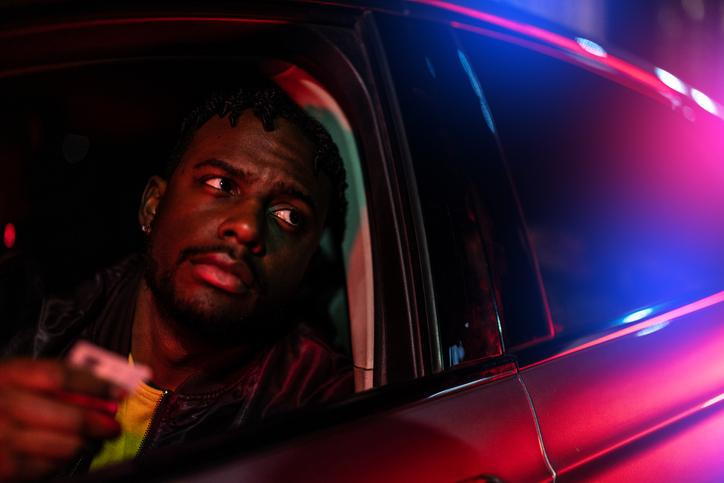
- posted: Sep. 01, 2023
If you’ve been charged with driving under the influence (DUI) in Illinois, you face serious consequences that can affect your driving privileges as well as your finances. A DUI is tough to beat, but with the aid of effective defense counsel, it is possible to fight the charges and often to ease the penalties.
One of the chief defenses raised in DUI cases is to challenge the validity of the police test results. Under Illinois law, you can be charged with DUI if you had a blood alcohol content (BAC) level of .08 percent or higher at the time of the arrest. Breathalyzer machines used for BAC testing have vulnerabilities that include the following:
- They retain the alcohol molecules from the previous test-taker, which potentially adds to the next test taker’s BAC.
- If someone has asthma, diabetes or another respiratory illness, like a cold, these can affect the reading.
- If the machine was not properly calibrated and/or proper protocols were not followed when administering the test, the results may be inaccurate.
Sometimes, blood tests are administered at hospitals to determine BAC levels. But if these tests are based on “hospital blood,” not “whole blood” as required by law, only certain components of the blood will be tested, which can result in an inaccurate BAC reading.
The following additional defenses may also be available:
- The stop itself was illegal for some reason — The officer must have had an articulable reason for the traffic stop, such as a perceived violation of traffic laws. Lacking such a reason, any subsequent investigation can be shown to have had no legal basis.
- The officer administered non-standardized field tests — These include touching the finger to the nose, saying the alphabet backwards and counting backwards. None of them can support a DUI conviction unless there is other competent evidence.
- Invalid license for a breathalyzer operator — The person administering the test must be licensed, and the license must be current.
- Observation period not observed — Illinois requires that a suspect’s conduct be observed for 20 minutes prior to the administration of a breath test.
- Videos contradict officer testimony — Cameras positioned inside the officer’s car or worn on the officer’s body can record the events of a DUI stop, including the driver’s actions. The recordings do not always corroborate the officer’s testimony of events.
- Independent witnesses — Testimony by other people, including passengers, can contradict an officer’s testimony as to what happened.
An experienced Illinois DUI attorney can pursue these and other defenses to the extent that the factual scenarios in your case make them available.
The Skinner Law Firm, P.C. in Bridgeview, Illinois defends drivers charged with DUI throughout the greater Chicago metropolitan area. Contact us online or call 312-635-6459 for a free initial consultation.


